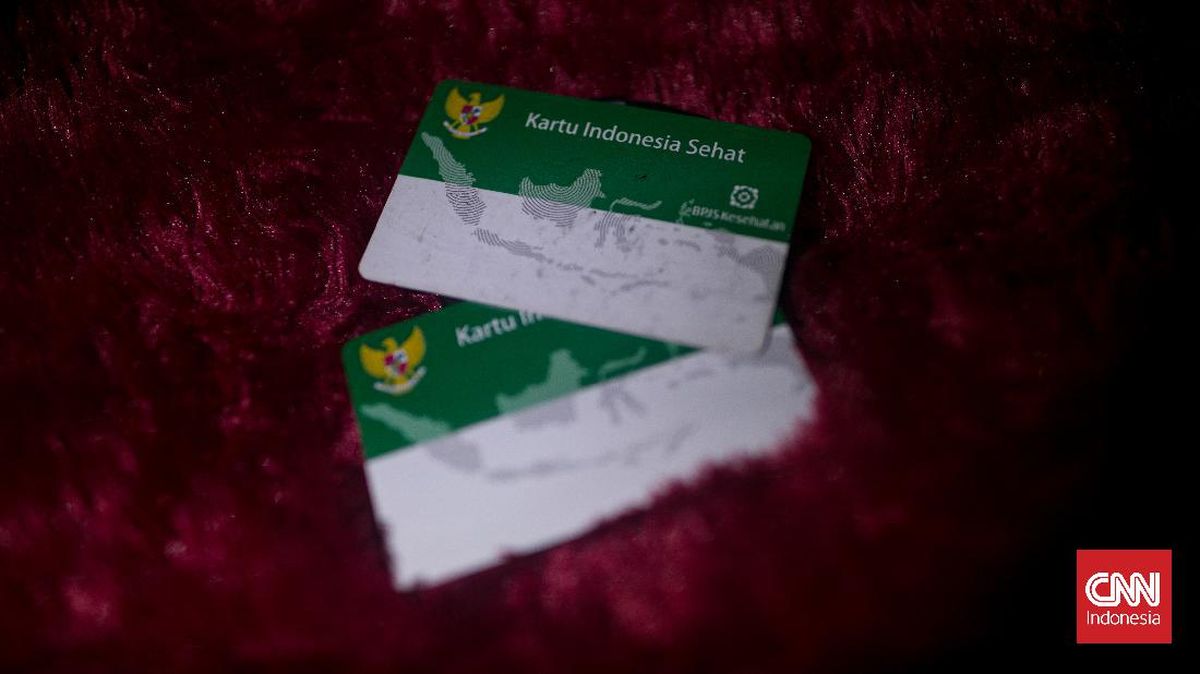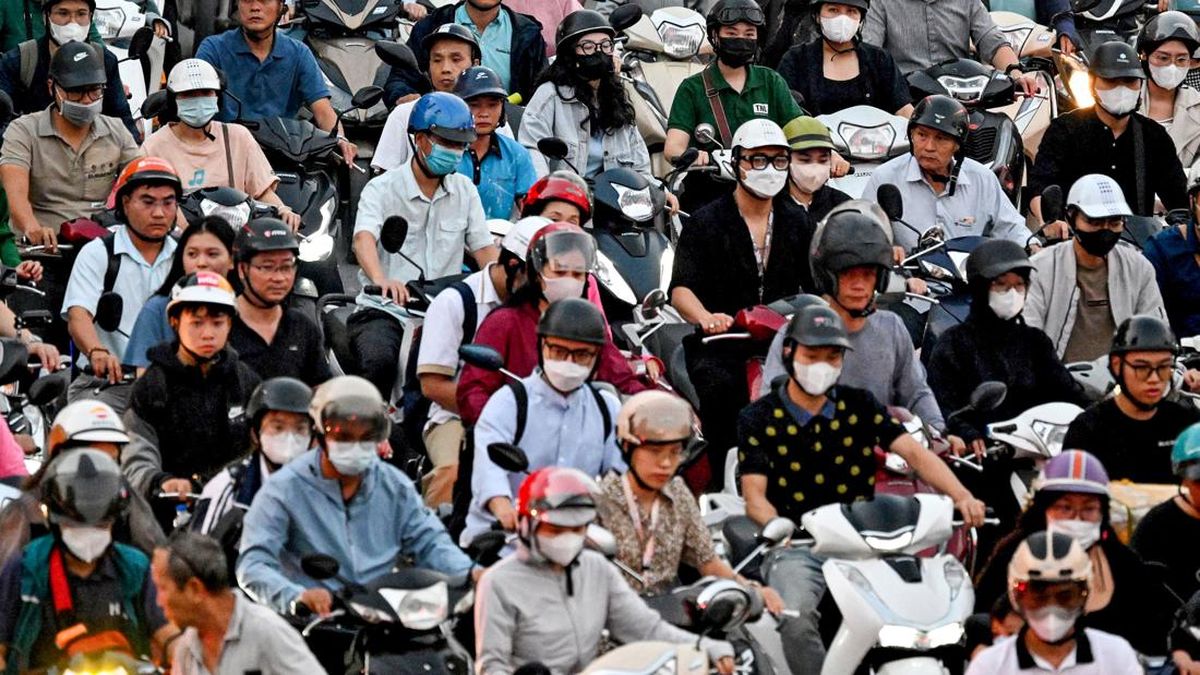The Reserve Bank’s report into the arcane world of credit and debit card surcharges is a wake-up call to all those clamouring for economic reform.
To misquote Thomas Hobbes, the battle to make the Australian economy more productive and lift the living standards of everyone will be nasty, brutish and not all that short.

The Reserve Bank’s proposals to ban credit and debit card surcharges is an example of productivity reform. But it won’t be easy.Credit: iStock
There has been a growing awareness that the various fees imposed by some retailers, card companies and network providers are being used to boost the profits of a few at the expense of the many.
It may be just 0.9 per cent of the cost of a muffin and coffee at the local bakery, but spread across the entire country, these fees impose a broad economic cost.
According to the RBA, by banning surcharges, consumers will save around $1.2 billion a year in fees.
Loading
While that sounds impressive, when the bank breaks it down to a per-person level, it equates to a not-so-astounding $60 a year.
There’s another $1.2 billion that the RBA reckons businesses, many of which are smaller enterprises, will save by lowering the cap on interchange fees that card networks charge merchants, a key feature of the bank’s proposals.
Again, at $1.2 billion it sounds impressive. But the saving to small retailers is “only” $185 million. And even here, the RBA says about 90 per cent of small merchants will benefit in net terms.
The 10 per cent or so who don’t benefit would “need to either absorb their payment costs in their margins or incorporate these costs in their advertised prices”. You can bet your morning muffin right now that this 10 per cent will be loud and strident.
There’s a near-$900 million a year hit to card issuers. These are big companies that, by the RBA’s own estimates, are going to take a profit haircut.

Treasurer Jim Chalmers, Prime Minister Anthony Albanese and Reserve Bank governor Michele Bullock have a fight on their hands. Credit: AAP, Dylan Coker, Dominic Lorrimer
As soon as the RBA outlined its plan, elements of the small business community were out complaining about the proposed changes, even though most of their members – if the Reserve Bank is correct – stand to benefit.
This is why productivity policy is difficult. The losers are easy to identify, and they often have loud voices. Winners, in this case a large number of people who collectively have more than 60 million debit and credit cards, are disparate, disorganised and unlikely to recognise the gains on offer.
Would a person paying an extra 8 or 9 cents on their breakfast purchase be willing to take on the few companies (and their financial backers) who will warn of calamity if these changes are introduced?
There’s another element of the productivity debate at the heart of the RBA’s proposals.
It’s the Australian Competition and Consumer Commission’s job to make sure consumers (and businesses) aren’t ripped off if they pay a surcharge.
In the 18 months to the middle of last year, the commission received about 2500 reports about surcharges, ranging from direct shopper complaints to merchants wanting to understand their responsibilities.
That’s a lot of inquiries to run down for an agency that is tracking all sorts of other issues, from petrol prices to funeral services.
Loading
As the RBA noted, there could be trouble if surcharges were banned on debit cards but allowed for credit cards. There are about 8 million “combination” cards, which have both debit and credit facilities, in the hands of shoppers.
Confusion, it found, could lead to some retailers unintentionally surcharging a debit card or lead a shopper to believe they had been slapped with a surcharge. That’s why the bank is recommending a ban on surcharges for both types of cards.
Making more and more rules is one thing. It’s another to enforce them. And, in this case, the Reserve seems to concede that enforcement is too expensive and too difficult.
The bank believes its changes can be in place by the middle of next year, which means it has to deal with the blowback that will now flow from those who would prefer no change. The government may have to introduce legislation, which would give vested interests another chance to knock these ideas on the head.
The nasty, brutish fight to save a few dollars for each one of us is just starting.
Cut through the noise of federal politics with news, views and expert analysis. Subscribers can sign up to our weekly Inside Politics newsletter.
Most Viewed in Politics
Loading

















































